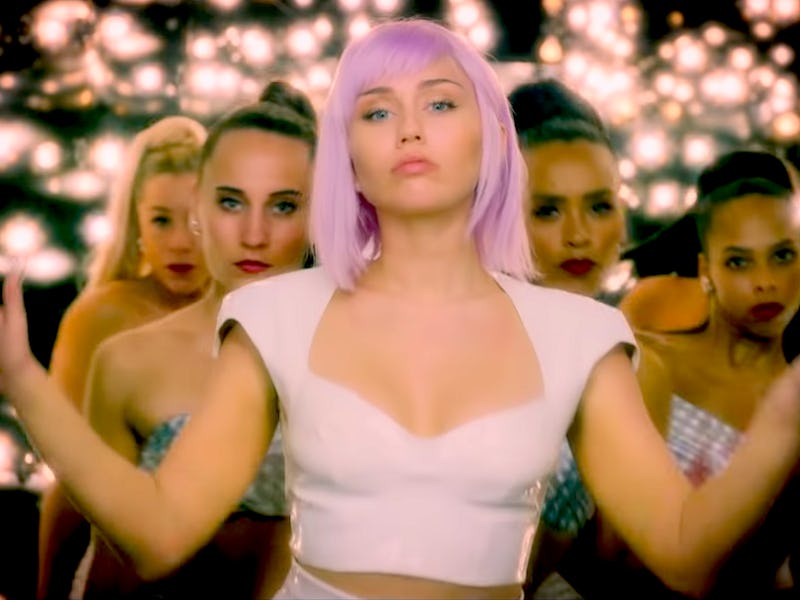Do we really need Black Mirror Season 6? Why the Netflix series has lost its edge
11 years in, the reflection is getting skewed.

On January 20, 2015, Daniel Lavery posted an article on The Toast satirizing Black Mirror, which at the time was new to American audiences. The article, titled “Next, on Black Mirror,” poked fun at the show’s preachy, anti-technology tone. One “synopsis” simply read “What if phones, but too much?”
Ever since Netflix acquired Black Mirror, the “phones, but too much”-ness has been increasing, and there’s no end in sight: Netflix renewed the series for a sixth season. But do we really need another twisted view of society? Here’s why society has outgrown Black Mirror, and what the creators should do instead.
When it first came to Netflix after a successful run across the pond on Channel 4, Black Mirror was unlike any other series. It was experimental, daring and, most importantly, anthologized. Anthology shows like Alfred Hitchcock Presents or The Twilight Zone were artifacts of a bygone era, but with Black Mirror was brought into the present by showing a warped, dystopian future. There was no show like it, at least until countless series followed in its footsteps.
In the UK, there was the popular dark comedy series Inside No. 9, and in America there was both the now-defunct reboot of The Twilight Zone and the HBO series Room 104. Even Netflix got in on the action with its animated short collection Love, Death & Robots. All of these took different approaches to the anthology concept, but it seemed like the format was back.
USS Callister was a bright spot of Black Mirror Season 4.
But with every passing season, the reviews for Black Mirror got worse. While early entries into the Netflix era like “USS Callister” and “San Junipero” met with acclaim, the hit-and-miss series slowly became more miss than hit. Even the interactive special “Bandersnatch” didn’t reach universal acclaim, as some viewers found the Choose Your Own Adventure format confusing.
By Season 5 the series had morphed into something unrecognizable. The show was named Black Mirror because of the supposed mirror it held up to society, but in its latest run the show itself became a dark reflection of what it once was. Instead of cutting yet humorous takes on talent shows or reactionary politics, there were tepid tales about infidelity through VR video games and Miley Cyrus singing Nine Inch Nails covers. When the message of your show is “technology has gone too far,” there are only so many ways you can state that before it gets trite.
Miley Cyrus plays a pop star whose consciousness is loaded into a robot in “Rachel, Jack, and Ashley Too,” an episode of Black Mirror Season 5.
So it was no surprise that creator Charlie Brooker delayed a possible Season 6, telling Radio Times in 2020 “At the moment, I don’t know what stomach there would be for stories about societies falling apart, so I’m not working away on one of those. I’m sort of keen to revisit my comic skill set, so I’ve been writing scripts aimed at making myself laugh.” The results of those scripts were Death to 2020 and Death to 2021, celeb-studded mockumentaries roughly based on his British year-in-review series, Charlie Brooker’s Yearly Wipe.
Both of those special received unfavorable reviews, as the humor lost all its grit by the end of the year. Topical humor now has the lifespan of a fruit fly, and a joke about buying toilet paper in March was almost crass in December. Maybe the answer to Charlie Brooker’s woes isn’t turning an eye to the future in Black Mirror or to the present in these annual specials, but to the past.
In the UK, one of Brooker’s most famous creations is Philomena Cunk, a wide-eyed documentarian (played by Diane Morgan) who interviews experts on different topics, asking them inane questions they answer with a shockingly straight face. Take, for example, her short exploration of money, where she asks an economist “When you have a coin, where is the money in that coin?”
Over the years, Cunk has explored existential concepts like time and evolution, but has also helmed an entire series on British history. Seeing how American audience love Brooker’s writing, maybe the answer lies in Philomena Cunk bringing her inquisitiveness to the States. It worked for Sacha Baron Cohen and Borat. And Morgan is already working with Netflix in both the Death to series and Ricky Gervais’ After Life, so she’s available.
But regardless of whether Brooker pivots to his comedic roots, we will be getting another batch of Black Mirror episodes. Hopefully the next season won’t be as navel-gazey as the past two, because Black Mirror’s reputation is already tarnished enough.
Black Mirror Seasons 1-5 are now streaming on Netflix.